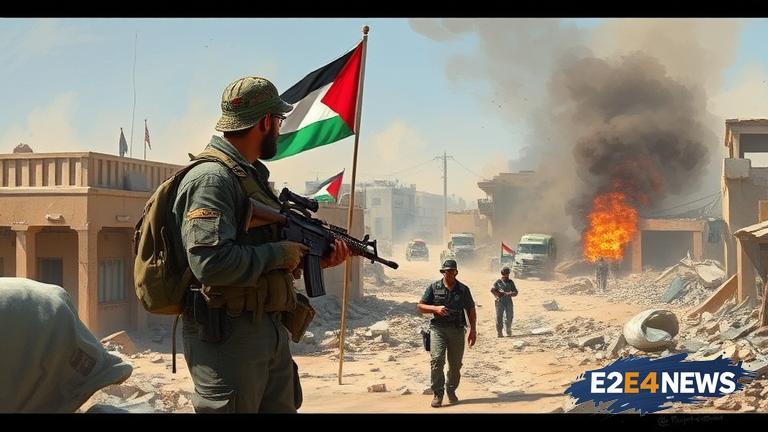The war in Gaza has had a devastating impact on the region’s journalists, with 189 Palestinian journalists killed in the conflict. The victims’ families are struggling to come to terms with their loss, and many are facing extreme hardship due to the lack of food and other essential supplies. The journalists who have died were not just reporting on the conflict, but were also actively involved in documenting the human cost of the war. Many of them were young and had their whole lives ahead of them, with some leaving behind families and children. The international community has condemned the killings, with many calling for an immediate ceasefire and an end to the violence. Despite the dangers, many journalists continue to risk their lives to report on the conflict, often in the face of extreme adversity. The Gaza Strip has been under siege for many years, with the blockade having a crippling impact on the local economy. The war has also had a significant impact on the region’s infrastructure, with many buildings and homes destroyed or damaged. The humanitarian crisis in Gaza is worsening by the day, with many people struggling to access basic necessities like food, water, and medical care. The journalists who have died were often the only source of income for their families, and their deaths have left many without a means of support. The psychological trauma caused by the conflict is also a major concern, with many people suffering from anxiety, depression, and post-traumatic stress disorder. The international community must take action to address the crisis in Gaza, including providing humanitarian aid and working towards a lasting peace. The killings of the journalists are a stark reminder of the dangers faced by those who report on conflict zones, and the need for greater protection and support for these individuals. The families of the victims are calling for justice and accountability, and for those responsible for the killings to be held to account. The conflict in Gaza is complex and multifaceted, with deep-rooted historical, political, and social factors at play. The war has also had a significant impact on the region’s children, with many forced to grow up in a world of violence and fear. The journalists who have died were often the voice of the voiceless, and their deaths have left a significant gap in the region’s media landscape. The Gaza Strip is one of the most densely populated places on earth, with over 2 million people living in a area of just 360 square kilometers. The war has also had a significant impact on the region’s environment, with many areas contaminated with unexploded ordnance and other hazardous materials. The international community must take action to address the crisis in Gaza, including providing humanitarian aid and working towards a lasting peace. The killings of the journalists are a stark reminder of the need for greater protection and support for those who report on conflict zones, and the importance of holding those responsible for human rights abuses to account.
